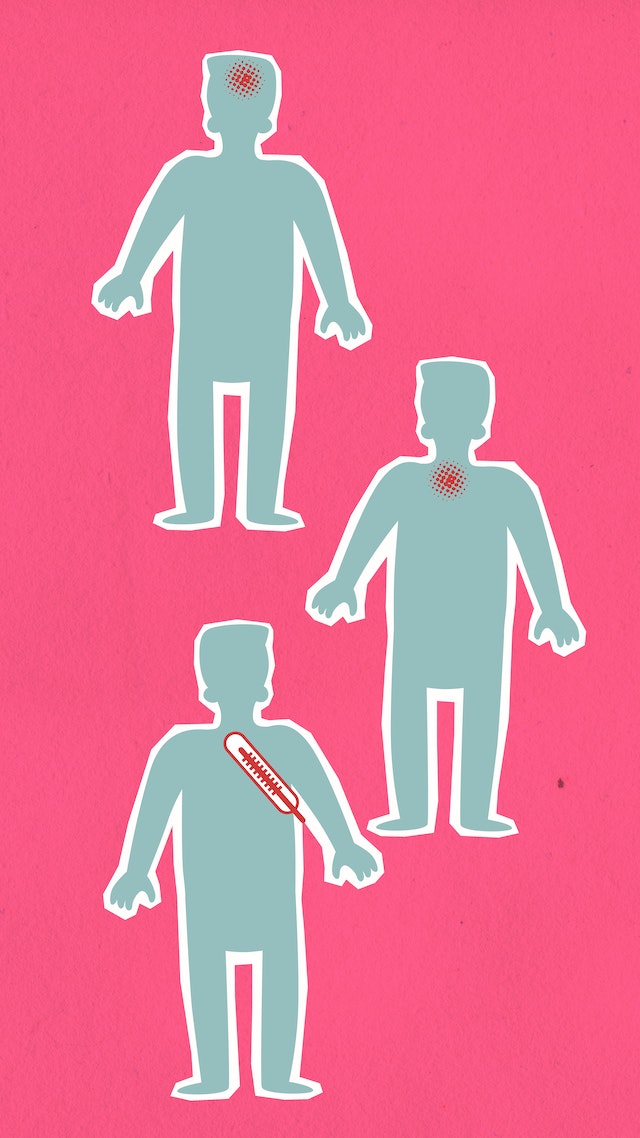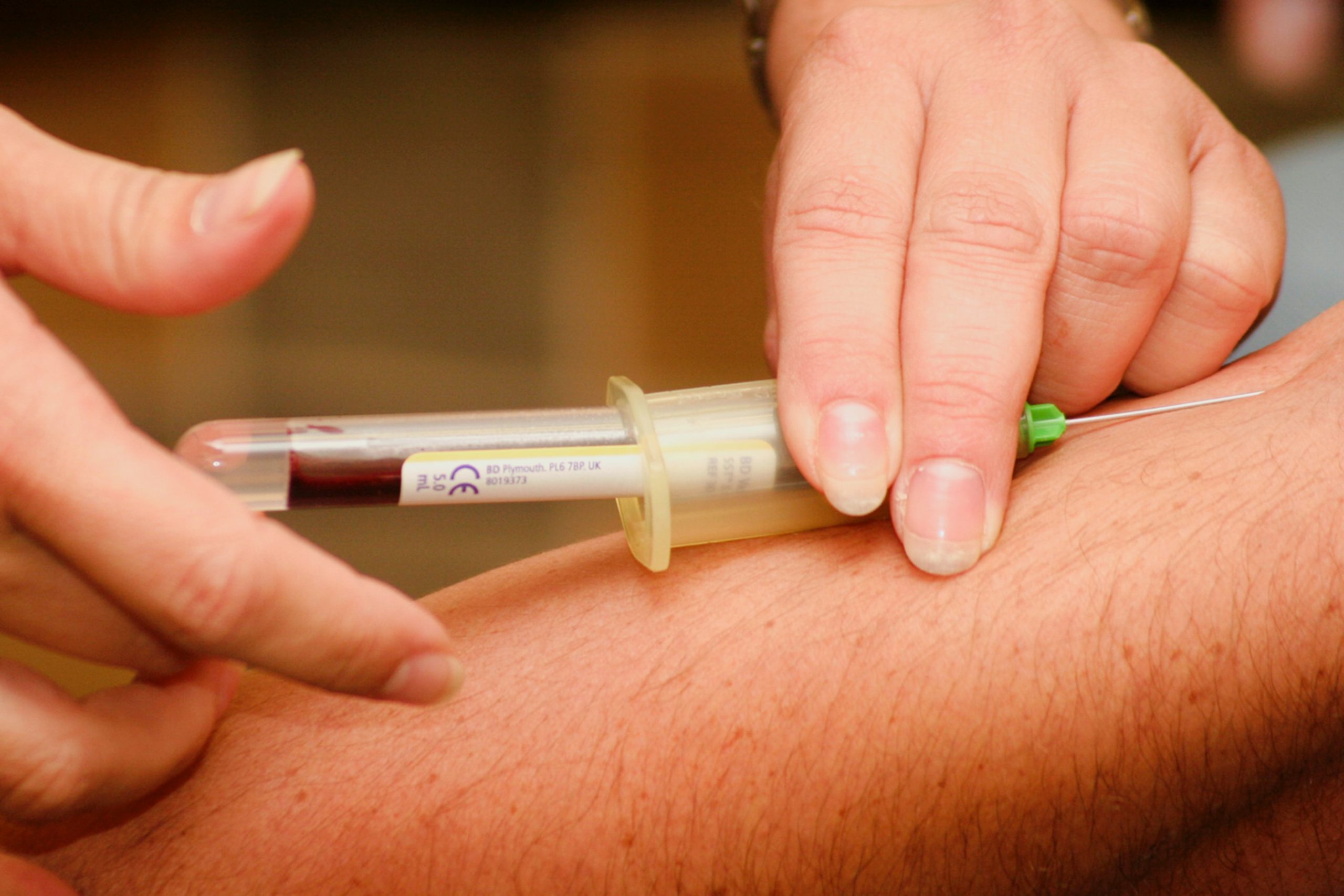In a world fraught with conflicts and grievances, the concept of forgiveness often remains underappreciated. However, recent research has revealed the profound impact that forgiveness can have on our mental and emotional well-being, offering a path to a healthier and happier life. In this article, we delve into the transformative power of forgiveness, exploring how embracing this virtue can bring about inner peace, improve relationships, and nurture personal growth.
Forgiveness is an act of conscious release, a choice to relinquish feelings of anger, resentment, and revenge towards those who have wronged us. While it may seem challenging to let go of past hurts, the benefits of embracing forgiveness are far-reaching.
At its core, forgiveness frees us from the emotional burden that accompanies holding grudges. Studies have consistently shown that individuals who practice forgiveness experience lower levels of stress and anxiety. By relinquishing negative emotions tied to past transgressions, we open the door to a sense of liberation and relief. This newfound emotional freedom contributes to a significant improvement in mental well-being and overall quality of life.
Moreover, forgiveness serves as a catalyst for repairing and strengthening relationships. The act of forgiving others can restore trust, foster empathy, and promote reconciliation. When we release the resentment that binds us, we create space for compassion and understanding. This shift in perspective not only improves our interactions with others but also cultivates healthier and more fulfilling connections, ultimately enhancing our social support networks.
In addition to its emotional benefits, forgiveness has a profound impact on our physical health. Research suggests that embracing forgiveness can lower blood pressure, reduce the risk of heart disease, and enhance immune function. By letting go of grudges and resentment, we alleviate the physiological toll that anger and stress take on our bodies. The resulting physiological equilibrium contributes to a stronger immune system, better cardiovascular health, and an overall improvement in our physical well-being.
Furthermore, embracing forgiveness empowers us to embark on a journey of personal growth and self-discovery. It allows us to transcend our pain and break free from the cycle of victimhood. By forgiving, we take control of our narrative, refusing to let past wounds define us. This transformative process opens doors to self-compassion, resilience, and inner peace, propelling us towards a healthier and more fulfilling life.
So, how can we actively embrace forgiveness in our lives? It begins with self-reflection and acknowledging the pain that resides within us. Recognizing our own humanity and fallibility helps us empathize with others and cultivates the compassion needed for forgiveness. Engaging in therapeutic practices such as journaling, mindfulness, or seeking guidance from professionals can provide valuable tools for navigating the forgiveness journey.
In conclusion, embracing forgiveness is a transformative act that has far-reaching implications for our well-being. By choosing to forgive, we unshackle ourselves from the chains of resentment, nurturing our mental, emotional, and physical health. Forgiveness fosters healthier relationships, strengthens our social connections, and empowers personal growth. It is a powerful tool for achieving inner peace and living a happier, more fulfilling life. As we embark on the journey of forgiveness, we open ourselves to the immense potential that lies within us.










